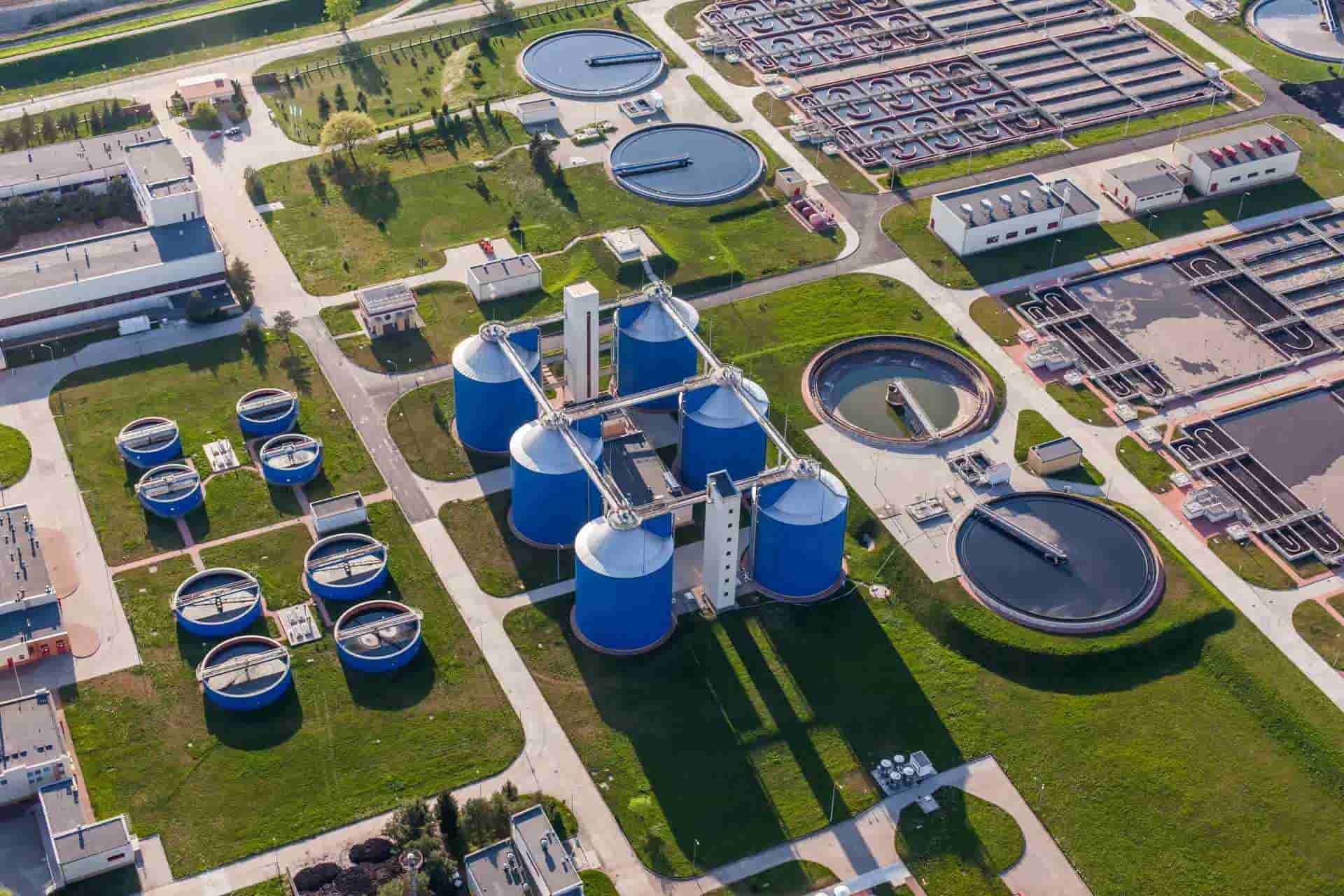By utilizing gas engines, industrial CHP or combined cooling heat and power (CCHP) plants can achieve significant financial savings on fuel costs for electricity, heat, and even cooling. Moreover, in some countries, the government provides tax benefits to CHP plant owners, further enhancing its appeal.
A Comprehensive Energy Solution
One of the key advantages of CHP for manufacturers and industrial companies is the potential for substantial financial savings. By integrating power generation and heat production, CHP eliminates the need to separately purchase electricity and fuel for heating purposes. This integrated approach optimizes efficiency, resulting in reduced operational costs and improved cost-effectiveness for businesses.
A Reliable Power Supply
CHP plants equipped with gas engines offer enhanced energy resilience for industrial facilities. These plants can operate independently, utilizing the local pipeline gas supply network to provide a stable supply of electrical power. This capability enables businesses to isolate their power generation from the local electricity grid if necessary, ensuring uninterrupted operations during grid outages or disruptions. Additionally, the waste heat generated by the engine can be harnessed as hot water or steam, further bolstering the facility’s resilience and supporting various industrial processes.
A Sustainable Approach
Gas engine-based CHP systems contribute to emissions reduction and environmental sustainability. Natural gas, the primary fuel source for these engines, exhibits lower carbon dioxide production levels and represents one of the cleanest fossil fuels available. Furthermore, the high efficiency of Jenbacher gas engines maximizes the utilization of the fuel source, minimizing waste and emissions. By integrating cogeneration into their energy infrastructure, industrial companies can substantially reduce their carbon footprint and meet their sustainability goals.
Stable and Resilient Power Supply: Microgrid Integration
Gas engines are highly versatile and can be deployed as part of a captive power plant dedicated to a specific facility or by an independent power producer that sells electricity through power purchase agreements. These engines can also be seamlessly integrated into microgrid systems alongside other energy generation or storage technologies. By embracing microgrid solutions, industrial companies can enhance their energy independence, achieve grid resiliency, and optimize energy utilization through intelligent management and distribution.
Diverse Industrial Applications
CHP systems find successful applications across various industrial sectors. Known as trigeneration plants, CHP systems can simultaneously produce electricity, heat, and cooling power. The recovered heat can be utilized as hot water or steam within the industrial facility, while absorption chillers can transform excess heat into a cold water source, supporting refrigeration or air conditioning systems. For industrial users requiring carbon dioxide, quadgeneration systems take this concept further by recovering and scrubbing carbon dioxide from the engine exhaust to the highest standards. The captured carbon dioxide can then be utilized in processes such as food and beverage production or for promoting plant growth in greenhouses.









